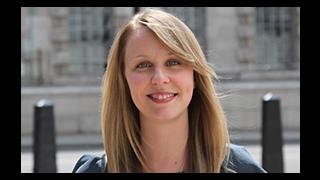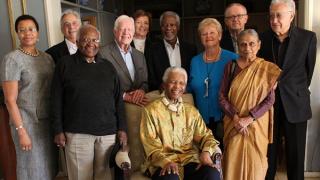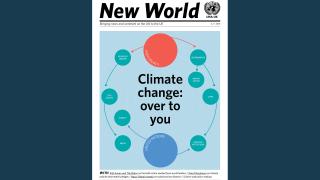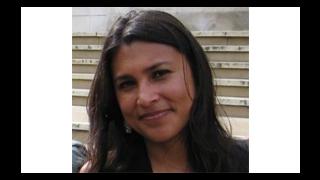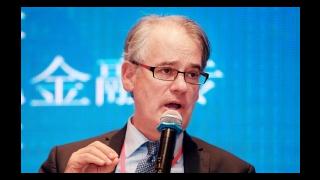
This month, world leaders meet in Paris in the hopes of securing a legallybinding and universal climate treaty. Government representatives will be joined by more stakeholders than at any previous climate summit – from charities, foundations, universities and the private sector.
The scale of the challenge is huge and every sector needs to play its part in finding solutions. This requires different sectors working not just alongside each other but together – understanding each other’s opportunities and constraints, and innovating jointly. It is in climate finance that this challenge of working collaboratively is felt most acutely.
For too long, the debate about climate finance has focused on the volume of funds required to help developing countries manage and adapt to the risks posed by climate change. In 2013, the World Bank estimated that $331bn flowed between and within countries to finance low-carbon development. Many argue this is far below the level of funding needed.
With the bulk of future funding likely to come from the private sector, debates inevitably focus too on whether this sector is committed enough. Are fossil fuel companies investing enough in renewables? Are commodity companies doing enough to protect the natural environment in countries in which they operate? Should financial services firms provide more products to incentivise lowcarbon development?
These are legitimate concerns. Climate change is expensive. And while many in the private sector have woken up to the risks of climate change, not every business sees that tackling it is both good for them and good for the world. But often these debates miss the point. Because the biggest climate finance challenge is not only one of volume or commitment, but of innovation.
Whether it is putting a price on carbon through market mechanisms or taxes, removing fossil fuel subsidies, or creating a stronger investment environment for green energy, we need innovative solutions and these will only be found with meaningful collaboration across sectors.
I am proud that my continent, Africa, leads in producing some of the most genuinely collaborative solutions to climate change so far. The African Risk Capacity (ARC), for example, brings together public and private sectors to help countries better manage and adapt to climate risks.
At the moment, the system for responding to climate disasters is not as timely or equitable as it could be. Funding is secured on a largely ad hoc basis after disaster strikes and people suffer. ARC works by transferring the burden of climate disaster risk away from governments and the farmers and pastoralists they protect. Member states pay premiums for insurance, which when paid out provide them with rapid funds in the event of climate disasters. This puts the risk out to the international financial markets, which can manage it much better.
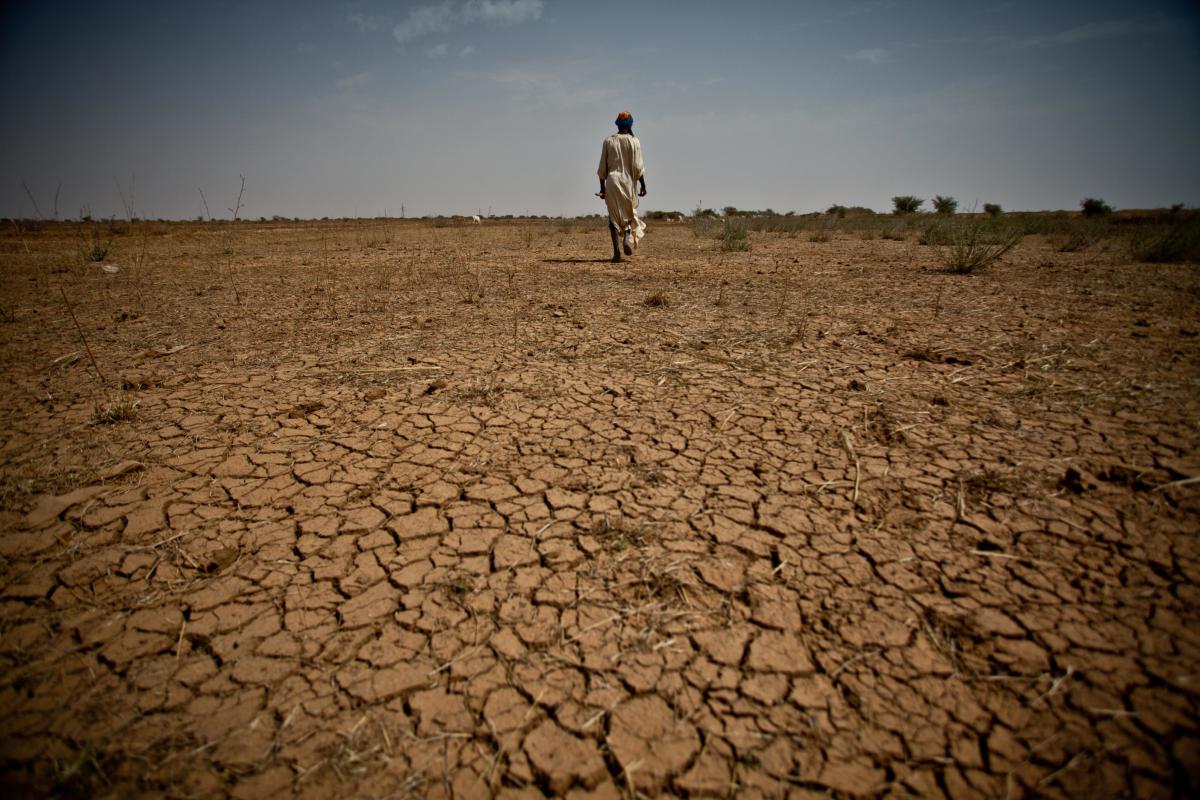
So far this approach is working. When the Sahel was hit by drought last year, ARC paid out more than $26m, while a UN aid appeal was still being formulated. The money, used to buy livestock fodder and food staples, is benefitting roughly 1.3 million people who might otherwise have had to cut down on meals, take children out of school or leave their land.
ARC is now going one step further, not just responding to climate disasters but creating mechanisms which facilitate adaptation to climate change. Our recently-launched Extreme Climate Facility (XCF) will track extreme climate shocks in Africa over time, and provide pay-outs in the case that the frequency and/or intensity of extreme weather events increases.
In a truly innovative approach, XCF’s financial obligations to countries will be issued as a series of catastrophe bonds and financed by capital from private investors. From the initial feedback from the market we believe interest in XCF’s bonds will be very strong. A major benefit is that, by leveraging private capital to fund the uncertain risk, public money is freed up to focus on preparation and resilience-building in African member states.
In Africa, thanks to collaboration and innovation from governments and the financial sector, we have a sophisticated, fair and well-governed climate financing scheme in place. I hope that delegates at the Paris conference will take note and see the potential for innovation to deliver results for the world’s most vulnerable people – those for whom finding solutions matters most.
Ngozi Okonjo-Iweala chairs the African Risk Capacity Agency Governing Board and was formerly the Nigerian finance minister
Photo: drought in Mauritania, © Pablo Tosco/Oxfam

